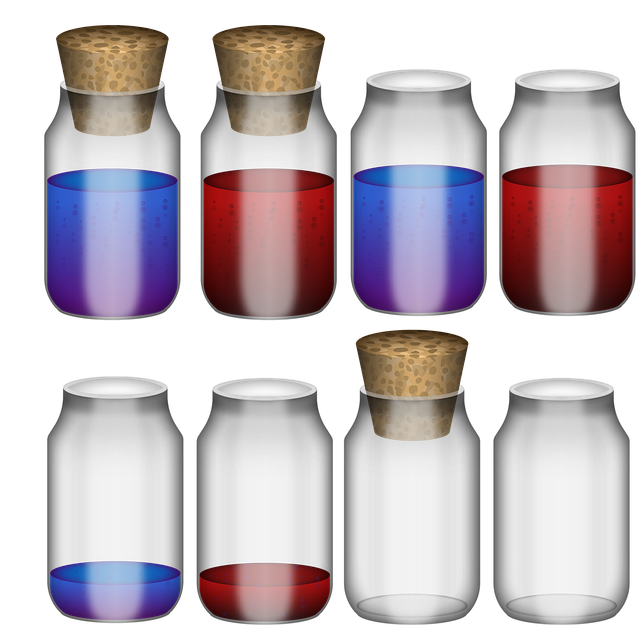Overcoming opioid addiction requires a multifaceted approach integrating medication-assisted treatment (MAT), trauma-informed care, crisis intervention training, group therapy, peer support, tailored nutrition planning, and evidence-based therapy methods for holistic healing and long-term recovery.
Opioid addiction is a complex, yet treatable condition with profound impacts on individuals and communities. This comprehensive guide explores effective strategies to address the root causes driving opioid abuse habits. From understanding the intricate web of triggers to dissecting essential components of successful treatment programs, we delve into proven paths to recovery and prevention. Discover how tailored interventions can help individuals overcome opioid addiction, reclaim their lives, and rebuild resilience against relapse.
- Understanding Opioid Addiction: Causes and Triggers
- Components of an Effective Treatment Program
- Strategies for Long-Term Recovery and Prevention
Understanding Opioid Addiction: Causes and Triggers

Opioid addiction is a complex and often multifaceted issue that requires a deep understanding to effectively address. It’s driven by a combination of genetic predisposition, environmental factors, and underlying psychological or emotional conditions. For many individuals, opioid addiction begins with legitimate pain management after an injury or surgery, leading to dependence as the body adapts to the presence of the drug. This dependency can quickly escalate into full-blown addiction, characterized by intense cravings, loss of control over substance use, and negative consequences on personal relationships, employment, and physical health.
Understanding the specific triggers and causes behind opioid addiction is crucial in how to overcome it. These may include childhood trauma, stress, depression, or anxiety—conditions often addressed through trauma-informed care models. Personalized mindfulness plans tailored to individual needs can also prove effective, helping to develop coping mechanisms that reduce reliance on opioids. Additionally, Online Support Groups for Loved Ones of Addicts offer a vital network of peers who understand the challenges and can provide encouragement and guidance throughout the recovery process.
Components of an Effective Treatment Program

An effective treatment program for opioid addiction should encompass a multi-faceted approach that addresses the complex nature of this condition. Firstly, evidence-based medications for withdrawal management play a crucial role in mitigating acute withdrawal symptoms and cravings. Medications like methadone, buprenorphine, and naltrexone have proven successful in helping individuals stabilize and regain control over their lives.
Complementing medication-assisted treatment is trauma-informed care, which recognizes that many people struggling with opioid addiction have experienced past traumas. This approach ensures that the treatment program understands and addresses these underlying issues. Equipping individuals with crisis intervention training empowers them to recognize emergency situations and proactively seek help, fostering a sense of self-efficacy crucial for long-term recovery.
Strategies for Long-Term Recovery and Prevention

Overcoming opioid addiction requires a multi-faceted approach focused on addressing the root causes that led to substance abuse in the first place. One effective strategy is integrating long-term recovery plans into the treatment process, which includes continuous support systems and regular check-ins with healthcare professionals. Group therapy sessions and peer support groups provide individuals with a sense of community and accountability, fostering a healthier environment to strengthen their resolve against opioid dependence.
Additionally, tailored nutrition planning services for optimal health recovery play a significant role in long-term addiction recovery. Balanced meals and proper nutritional guidance help stabilize moods, boost energy levels, and enhance overall well-being, making it easier for individuals to stay on track during their journey towards freedom from opioids. These comprehensive approaches, combined with evidence-based therapy methods, offer the best chances for successful long-term healing and prevention of opioid abuse.
Overcoming opioid addiction is a complex journey, but with the right comprehensive program, it’s a path to lasting recovery. By addressing the underlying issues through evidence-based treatments and tailored strategies, individuals can effectively break free from addiction’s grasp. This process involves understanding the triggers, implementing powerful treatment components, and adopting long-term prevention methods. With dedication and access to quality care, how to overcome opioid addiction becomes an achievable goal, paving the way for a brighter, substance-free future.






